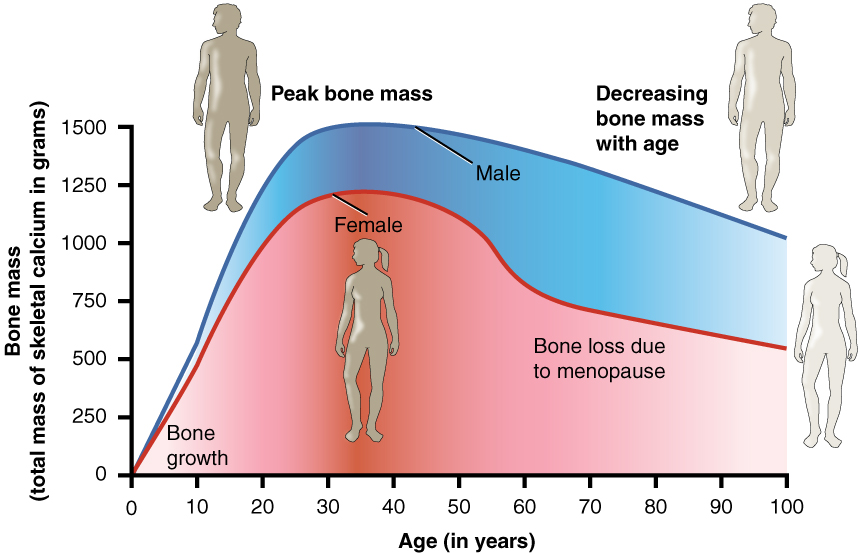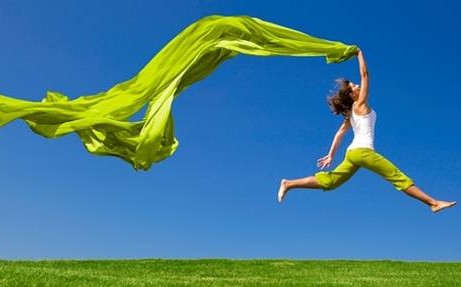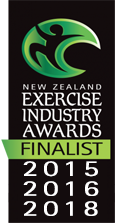Why Menopausal Women Need to Lift Heavy Weights.
About 6 years ago, I started lifting a few weights for the first time, but not that heavy. As someone who prefers getting my exercise outside, I hadn’t spent much time in a gym and I had not thought about using weights to stay strong.
BUT..now that I have hit menopause my body has developed its own agenda. Last week I did my biannual Body audit. It shows how much muscle mass, body fat and visceral fat you have. Compare to the last one, I have lost muscle mass and gained body fat without changing anything I do. I put it down to my declining estrogen levels.
Over the next 8 weeks I am going to do a focus strength training programme 3 times per week. Then follow it up with another Body Audit to see what has changed. Watch this space!!
But why do we need to lift weights as part of our exercise?
According to Dr Stacy Sims, Exercise physiologist and nutrition scientist ( Read more ) research shows that some of the key benefits to counter effects of peri and post menopause are;
- It stimulates building lean muscle mass
- It reduces visceral fat & total body fat
- It increases your power & strength.
- It ramps up your metabolic rate. i.e you burn more calories when at rest
- It builds bone density; we lose this faster once we hit menopause. (upto 50% by your 80th birthday)
- It helps reduce hot flushes
- It improves joint stability and strength
- It improves your cardiovascular, blood pressure and general health.
Some of you might read this and think, “this is not for me, I don’t want to bulk up.” But don’t worry. It is harder for women to build muscle due to our lower levels of testosterone to start with, then throw in declining hormones, means you would have to spend hours and hours at the gym to become a female Hulk. This is all about getting some muscle definition and strength.
If you are interested in trying strength training please get in touch and we can get you started with the right moves. It's very important to work your way into big lifts to avoid injury and have correct technique. When you can perform the exercises with full range of motion without weight, you're ready to start slowly adding weight. If you have pelvic floor issues speak to a Pelvic floor expert before starting.






